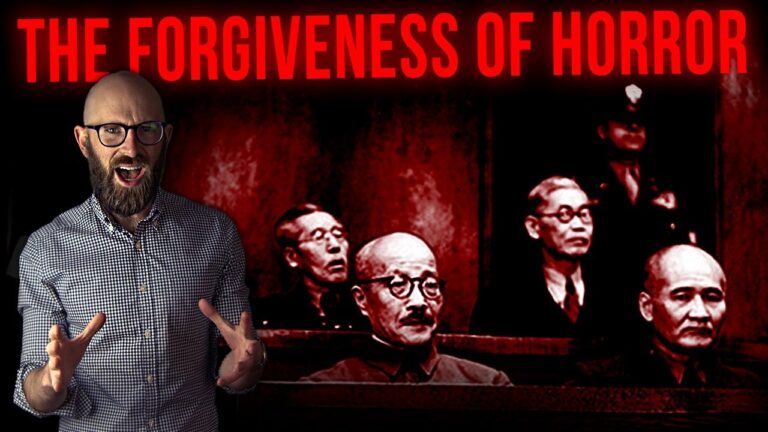“Unraveling the Mystery: Why Italy Escaped a Post-War Reckoning for Its Atrocities”
This all worked. From 1946 to 1947, Rome resisted any request from Belgrade to extradite, let alone bring to trial, former Fascists active in Yugoslavia. Over the same period, the Western Allies were happy not to get involved. So, Yugoslav leader Marshal Tito could count only on his Soviet counterpart, Josef Stalin, to exert pressure on the Italian government. But by 1948, the two leaders had dramatically broken off relations, which effectively dashed any hope to extradite the likes of the Black Beast to Yugoslavia.
Besides Yugoslavia, the Ethiopian government also was pressuring Rome for the trial of several high ranking officers, including Field Marshals Graziani and Badoglio. Due to the complexities deriving from the September 1943 armistice, described earlier, Badoglio would never be tried, a failure to act which had the UKâs blessing. As per Graziani, in July 1947 the Italian government informed Ethiopian authorities that he would indeed go to court ⦠but nothing happened for several months.
In the interim, diplomatic relations between the two countries had been interrupted, hence Ethiopia could not demand Grazianiâs extradition. In November 1948, the Ethiopian ambassador in London turned to British Foreign Secretary Ernest Bevin for help. Bevin replied only in January 1949, bouncing off the âhot potatoâ back to Rome: the Ethiopian ambassador should sort the issue with his Italian counterpart, Mr Gallarati Scotti.
The two ambassadors corresponded in September 1949, but the Italian legate refused to escalate the issue to his Minister in Rome. Bevin failed again to intervene, fearing repercussions on the current friendly relations between Britain and Italy. After facing such a barrage of red tape and procedure, the Ethiopian government dropped the issue, hoping that at least Graziani would be tried in his home country.











